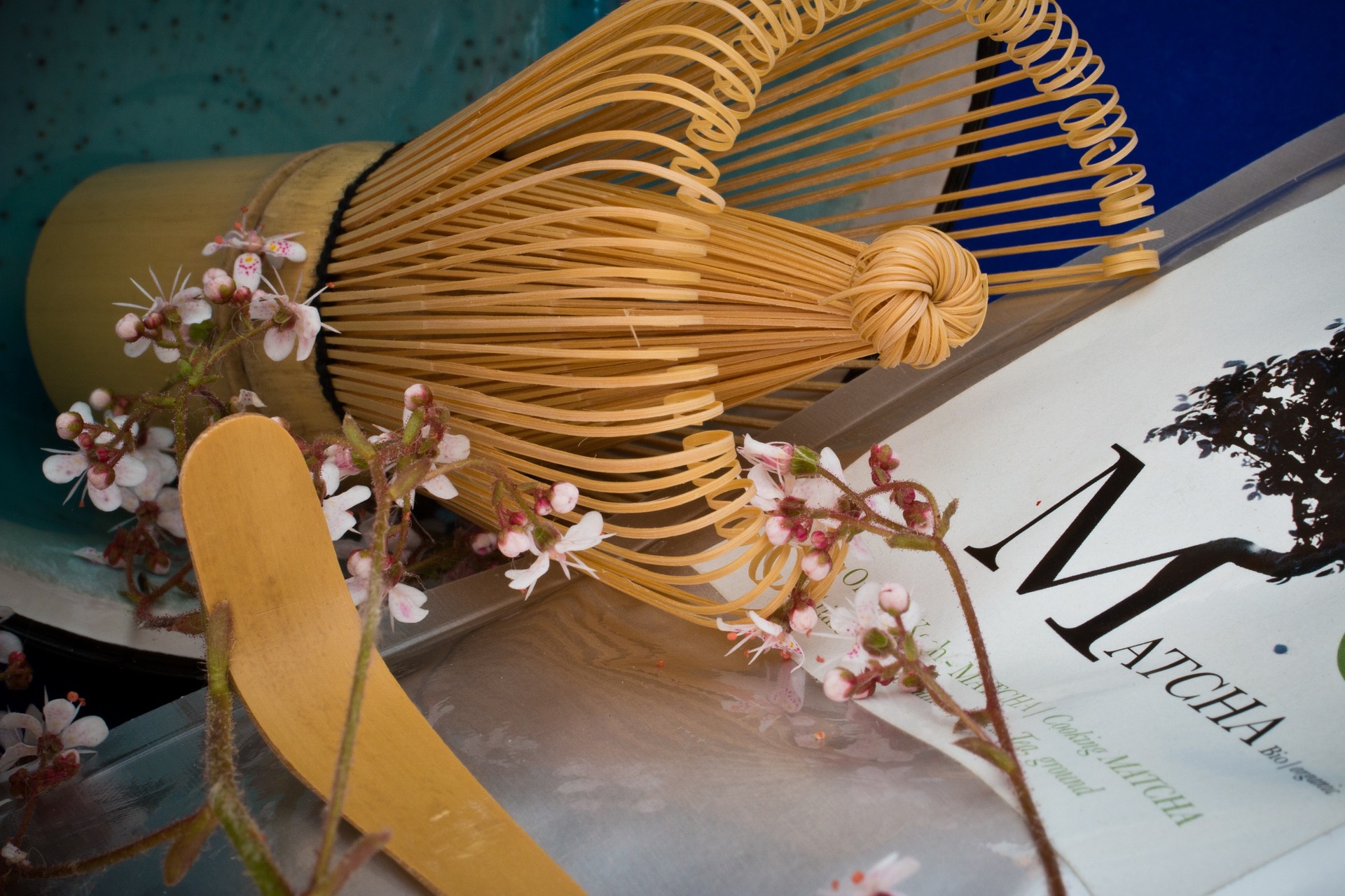こんにちは! Let’s talk about ”hearsay report” today. Short form + そうです = I have heard that~ ★The reported speech retains the tense and the polarity of the original utterance. And you can also use it to report on things that you…
Hearsay report



こんにちは! Let’s talk about ”hearsay report” today. Short form + そうです = I have heard that~ ★The reported speech retains the tense and the polarity of the original utterance. And you can also use it to report on things that you…

こんにちは^^We can use the conjunction 「から」to give the reason for something. (reason)から、(situation) (EX) 日本の映画が好きですから、日本語を勉強しています。【にほんの えいがが すきですから にほんごを べんきょうしています】 (I study Japanese, because I like Japanese movies.) When you want to mention not just one but more than two reasons, you can use…

こんにちは^^ Today’s grammar is ・・・ Verb① stem form + ながら Verb② You can say that two actions are performed at the same time. ★Verb ①stem form ⇒(EX)たべます [Drop ます] (EX) いつも音楽を聞きながら勉強します。【いつも おんがくを ききながら べんきょうします】 (I always study while listening to music.) 妹はコーヒーを飲みながら本を読んでいます。【いもうとは コーヒーを のみながら ほんを よんでいます】…

Hi^^Today’s useful expression is・・・ おやすみ [oyasumi] ⇒ Good night (Casual form.) おやすみなさい [oyasuminasai] ⇒ Good night (Polite form.) Be sure to try it♡

おはよう [ohayo-] is the greeting used before noon. But some people use it in the afternoon or even at night when they see their coworkers for the first time that day. おはよう [ohayo-] ⇒ Good morning / Hi (It…

Hi^^Today’s expressions are・・・ いってきます [ittekimasu] ⇒ I will go and come back. いってらっしゃい [itterasshai] ⇒ Please go and come back. 「いってきます」and 「いってらっしゃい」is a common exchange used at home when a family member leaves. The person who leaves says 「いってきます」. …

Hi, there are several good-bye expressions in Japanese, the choice among which depends on the degree of separation. ① さようなら [sayo-nara] ⇒ Good-bye 「さようなら[sayo-nara]」indicates that the speaker does not expect to see the person spoken to before he “turns…

Hello^^Thank you for reading this blog. I posted “「和の心」とは(About wanokokoro)” to the blog for advanced students before. But it is written all in Japanese. Today I try to translate the writing into English to let everyone know meaning of “和の心~wanokokoro~”…

こんにちは^^Today’s grammar is ・・・ Verb negative short form (Drop the last い) +くてもいいです=does not need to~ Negative short form【ないform】 ☆U-verb (Group-Ⅰ) : Change the final -u into -a and add ない (EX)いく⇒いかない / はなす⇒はなさない ☆Ru-verb(Group-Ⅱ) : Take the final る off…

There are nice expressions to express appreciation to the person who cooked and ingredients. いただきます [itadakimasu] ⇒Thank you for the meal. (before eating) ごちそうさまでした [gochiso-samadeshita] ⇒Thank you for the meal. (after eating) We put our hands together…